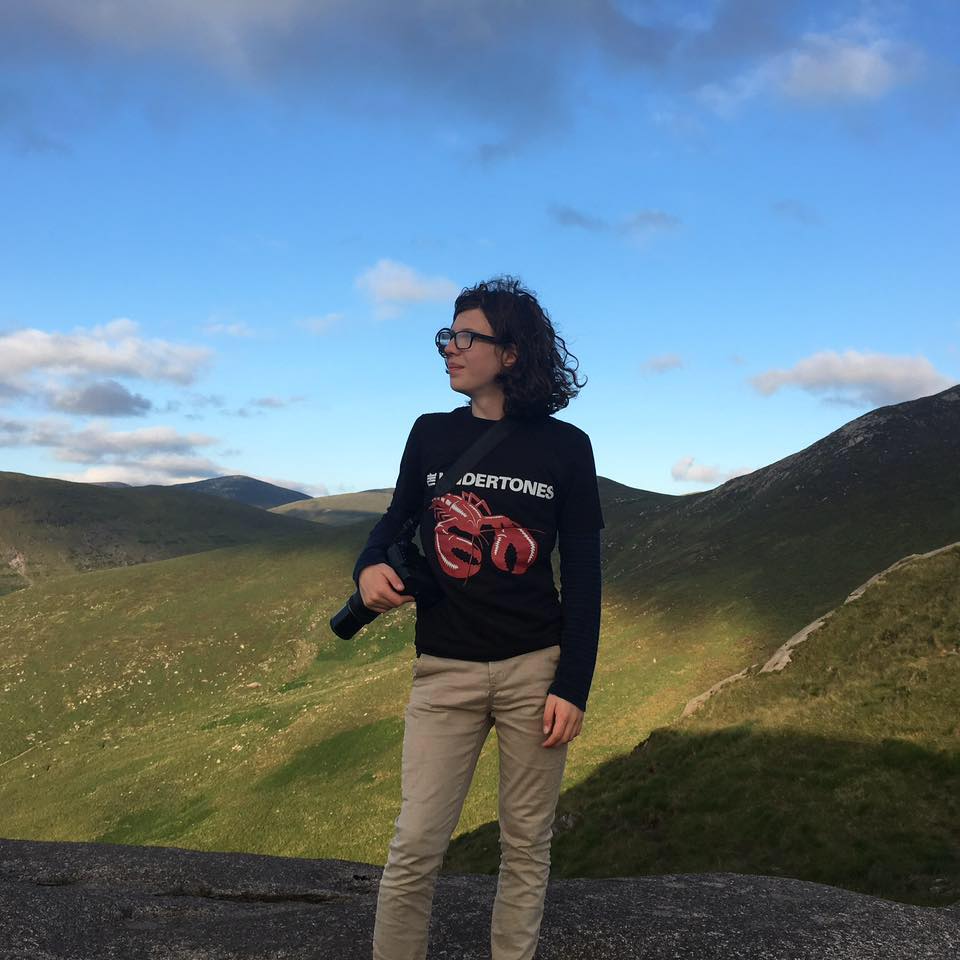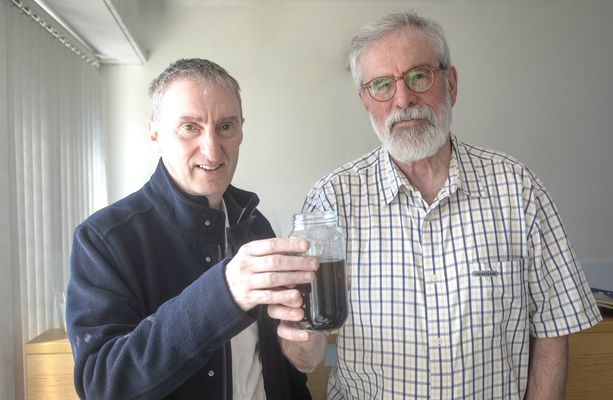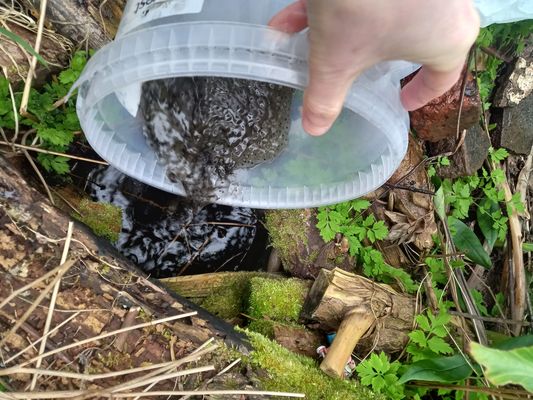LIKE many young people, Dara McAnulty can clearly see how we’re allowing something unimaginably precious – Ireland – to be destroyed.
In truth it breaks his young heart. He’s spent much of his 16 years watching how our countryside is abused – drained, flayed, trampled, developed and polluted. We’re often blind to it because it happens so incrementally that we don’t notice, or we’re powerless to do anything about it except sigh in resignation as each wilderness vanishes.
Earlier this month we won international recognition as the country that’s done most to annihilate nature – coming 229th out of the planet’s 240 countries (we’re marginally ahead of war-torn Afghanistan).
If humanity is at a crossroads, we took the wrong turn before Dara was born. For as long as he can remember, Dara loved the Fermanagh countryside – he couldn’t wait to run out to the garden every morning before school to revel in the insects and birds all around him.
Every evening he’d keep a log of his activities and thoughts – it was his mother’s suggestion because it helped him handle his autism, which he shares with her and his wee brother and sister, a brilliant family who are as “close as otters”. Maybe his condition meant he was more tuned into the natural world around him, but it’s in the outdoors that he feels most at home, rather than a crowded, noisy classroom. The wild creatures and birds are his extended family – wildlife never disappoints him like people can.
His nightly logs of memories were turned into a brilliant book, The Diary of a Young Naturalist, which immediately won awards. The book really is an incredible achievement, a journey with him into a magical world literally on our doorsteps that is being trashed on our watch.
And this from a boy about which one teacher told his parents that he’d never be able to string a paragraph together.
Dara’s wonderful family eventually moved to County Down -– where Slieve Donard, Mother of the Mournes, “towers above the other peaks that clamour around her like children at her heels, desperate to learn how she grew so tall”.
Nature isn’t a separate thing for Dara – he sees people as part of it. And he’s managed even at this young age to learn so much about Irish folklore, where places are connected to stories to feed imaginations, which he threads through the book.
Dara’s fight is for all young people. He points out that young people have been robbed of access to nature enjoyed by previous generations. Their pathways to exploration have been severed by developments and roads. He says you take your life in your hands if you try to cycle around Enniskillen, where he lives.
He’d feel at home in West Belfast, then. We’re shadowed by a beautiful mountain that we aren’t allowed to access. All access to the fields and loneys are fenced off. There are no paths on the roads – during lockdown Dúlra has noticed more people walking on the Upper Springfield Road while cars zoom past inches from them.
It was the same when Dúlra was young – but we scaled the fences and walked the mountain anyway. Today with more housing developments that’s just not possible. Instead of making estates into gateways for the mountain where young and old can enjoy nature as it should be (it's been done in Rathcoole and Cairnshill), we built urban isolation units.
Dara wonders when it all started that we wanted to totally control nature, considered it to be messy and wanted to constantly rule it. Rather than brushing away the fallen autumn leaves, he asks why shouldn’t we wrap them around us, cover our beds with them when we sleep and dream?
When it comes to something as significant as a collapsing ecosystem, we feel powerless when set against massive issues like global warming and hothouse gases. But as Dara helps highlight, this is our ecosystem in our country which is collapsing in front of our eyes.
With Dara at the helm, the battle for Irish nature is far from over.
* If you’ve seen or photographed anything interesting, or have any nature questions, you can text Dúlra on 07801 414804.









